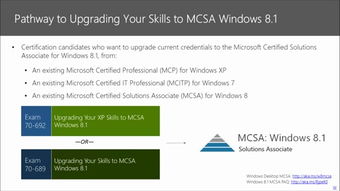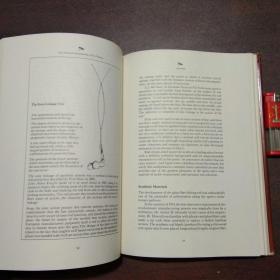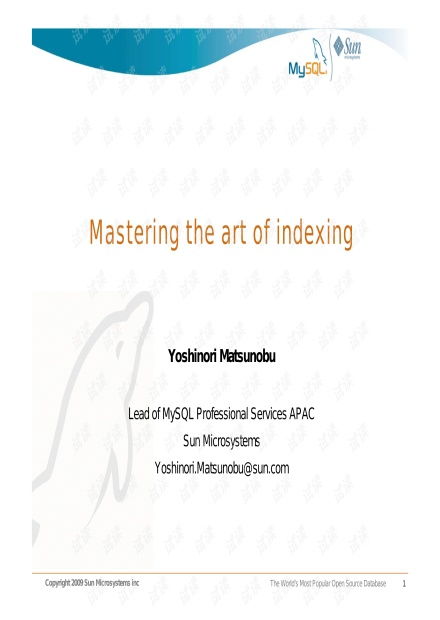As an avid angler, there's nothing more disheartening than feeling like your fishing skills are slipping away. Whether it's a result of lack of practice, changing conditions, or simply the natural progression of time, it's a common concern among anglers. If you find yourself struggling with your fishing techniques and looking for a way to improve, here are some strategies to help you get back on track.
Revisit the Basics
The foundation of any good fishing technique starts with the basics. Take some time to review the fundamentals of casting, baiting, and retrieving. Sometimes, a simple refresher can make a significant difference in your performance.
Casting: Practice your casting technique to ensure you're casting accurately and efficiently. Pay attention to your grip, posture, and timing. A well-executed cast can make all the difference in reaching your target.
Baiting: Make sure you're properly preparing your bait. Whether it's live bait or artificial lures, the way you present it can greatly impact your chances of catching fish. Experiment with different methods and see what works best for the species you're targeting.
Retrieving: The way you retrieve your lure or bait can trigger strikes. Try different retrieves and observe how the fish react. Sometimes, subtle changes can make a big difference.
Keep Practicing
Consistent practice is key to improving your fishing skills. If you haven't been fishing regularly, start by going out more often. The more you fish, the more you'll learn about the habits and preferences of the fish you're targeting.
Practice Casting: Spend time practicing your casting in different conditions, such as wind and current. This will help you become more versatile and confident in your casting abilities.
Tackle Handling: Work on handling your tackle, from tying knots to changing hooks and baits. Being efficient with your tackle can save you time and increase your chances of catching fish.
Learn from Others
There's no better way to improve your fishing skills than by learning from others. Seek out experienced anglers and ask for advice. They can offer valuable insights and tips that you might not have considered.
Join a Fishing Club: Many communities have fishing clubs or groups where you can connect with other anglers. These groups often organize fishing trips and share knowledge and experiences.
Attend Workshops or Clinics: Look for local workshops or clinics that focus on fishing techniques. These events can provide hands-on training and expert guidance.
Adapt to Changing Conditions
Fish are highly sensitive to changes in their environment, and being able to adapt to these changes is crucial for successful fishing. Learn to read the water and adjust your techniques accordingly.
Weather Awareness: Pay attention to weather patterns and how they might affect fish behavior. For example, fish may be more active on overcast days or during certain times of the day.
Water Conditions: Be aware of water conditions such as temperature, clarity, and flow. These factors can significantly impact fish behavior and where they might be located.
Invest in Quality Equipment
Using high-quality fishing equipment can make a significant difference in your performance. Invest in gear that suits your needs and the species you're targeting.
Rod and Reel: Choose a rod and reel that are appropriate for the type of fishing you're doing. A well-matched outfit can improve your casting and fighting ability.

Lures and Baits: Use lures and baits that are known to work for the species you're targeting. Don't be afraid to experiment with different colors, sizes, and shapes.
Stay Patient and Positive
Improving your fishing skills is a journey, not a destination. Stay patient and maintain a positive attitude. Celebrate your successes, learn from your failures, and remember that every trip to the water is an opportunity to learn and grow.
In conclusion, if you find your fishing techniques are deteriorating, it's important to take a step back and reassess your approach. By revisiting the basics, practicing consistently, learning from others, adapting to changing conditions, investing in quality equipment, and maintaining a positive attitude, you can reignite your passion for fishing and improve your skills. Remember, the water is always ready to teach us something new, and with the right mindset and dedication, you can continue to enhance your fishing abilities for years to come.












